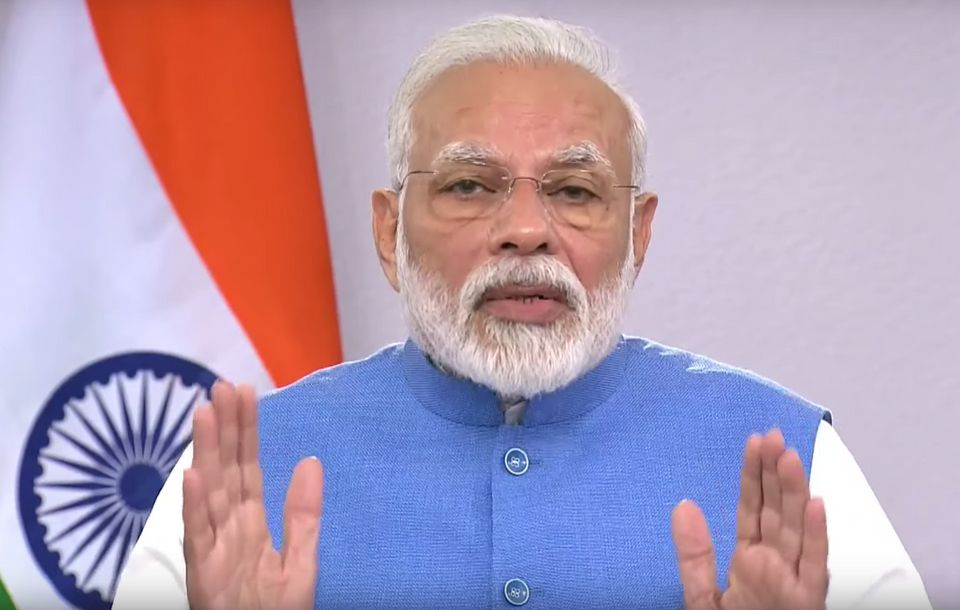Manufacturing jobs are important in the economy, and many more can get created once an ecosystem develops that ensures the facilitation and protection of the entrepreneur. Among the most important requisites for such a transformation would be the stepping back from the long history of cronyism that has vitiated the industrial sector since the 1950s. At a time when the Indian economy was puny, Prime Minister Indira Gandhi set up the Monopolies & Restrictive Trade Practices Commission, which specialised in creating obstacles for companies that grew because of reasons of efficiency. Some laws of that period prescribed penalties for companies crossing their sanctioned limit in turnover. In other words, those who were efficient were persecuted while others were left undisturbed. Even to this day, there are laws and regulations whose intent is to create obstacles in the path of production that can be leveraged to extract bribes by the corrupt. Change has come since 2014, but much more is needed. It was Narendra Modi who had the foresight to understand that the government is best that seeks to control the least. In other words, a government that trusts citizens and ensures the freedom needed for them to thrive. The impetus in any bureaucracy is to acquire more and more powers, and the novel coronavirus has had the side effect of immensely expanding the powers of the state machinery over the lives of citizens. An example is Mumbai. Some officials in Mumbai’s municipal corporation came up with the idea of sending any individual in select zones to a municipal hospital if she or he had signs of Covid-19 and was over 50. Citizens were pulled away from their families in their pyjamas and sent to hospitals, where the condition of several worsened. Only later was a citizen permitted to be admitted into a private facility, while in other places, unless the symptoms were severe and life-threatening, such persons were made to quarantine at home. Such a move lessened the load on the public health system, and had no booster effect on death rates. The disease that owes its origin to Wuhan in central China affects people differently. Many are unaware that they are carriers of the novel coronavirus, whereas others suffer mild and transient symptoms. In some cases, health deteriorates sharply and sometimes results in fatalities. In each state, there are differences in protocols and in the regulations governing Covid-19. What ought to have been tackled in the manner that outbreaks of other diseases were has spiralled into a monster that has killed millions of jobs and driven countless citizens to despair. At the same time, as several people stay in a single room, which is the case in most parts of Mumbai, elaborate social distancing guidelines were laid out that are impractical in India. Of course, very often the rules drawn up are copied from those in countries very different from India.
A trend that has accelerated in recent years is for government departments to outsource their policy prescriptions to external agencies. Several global

